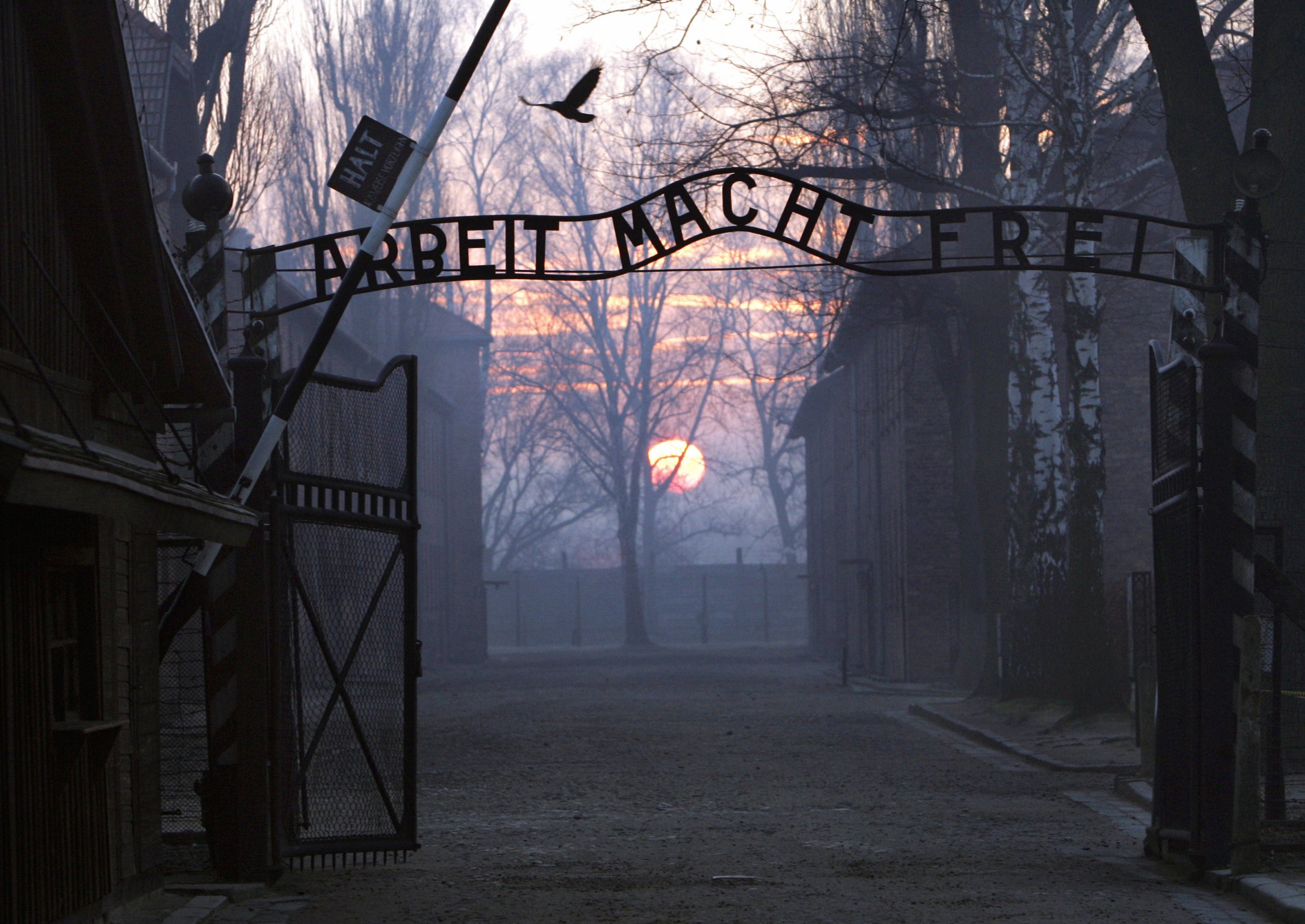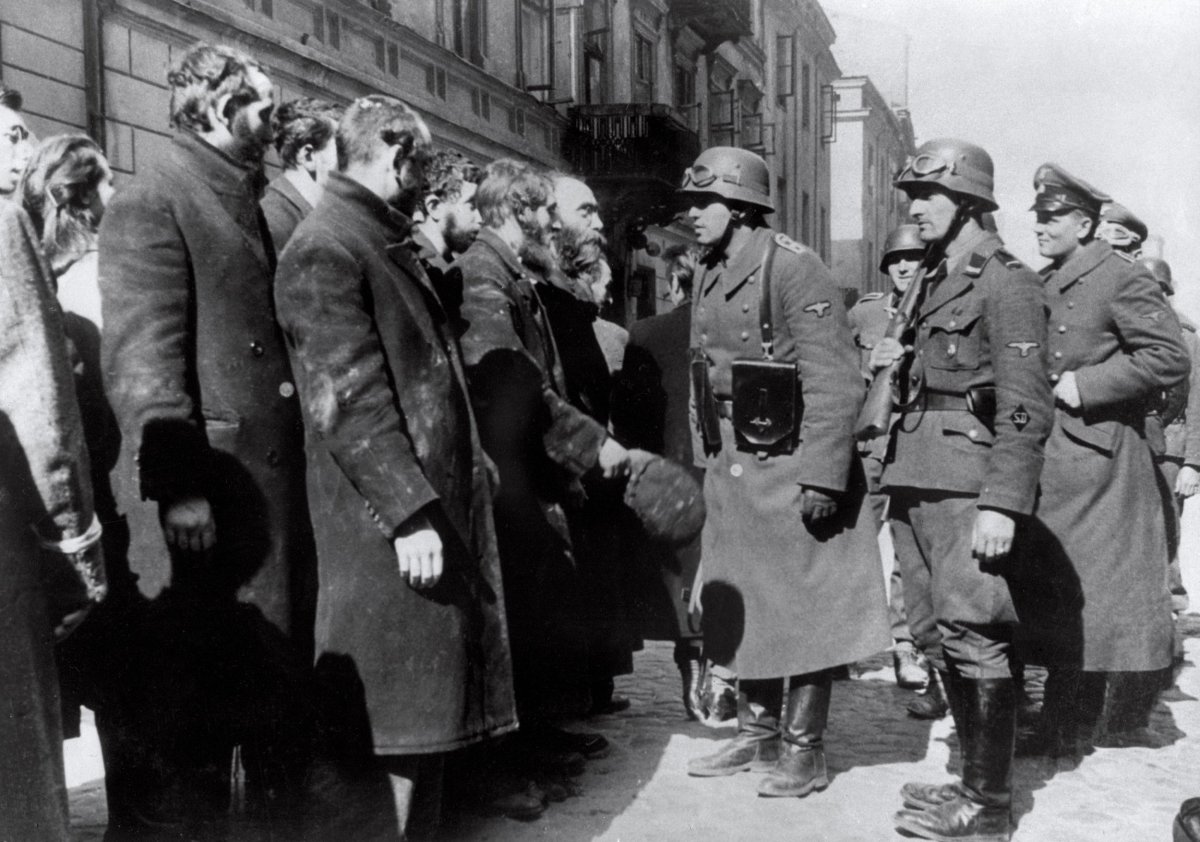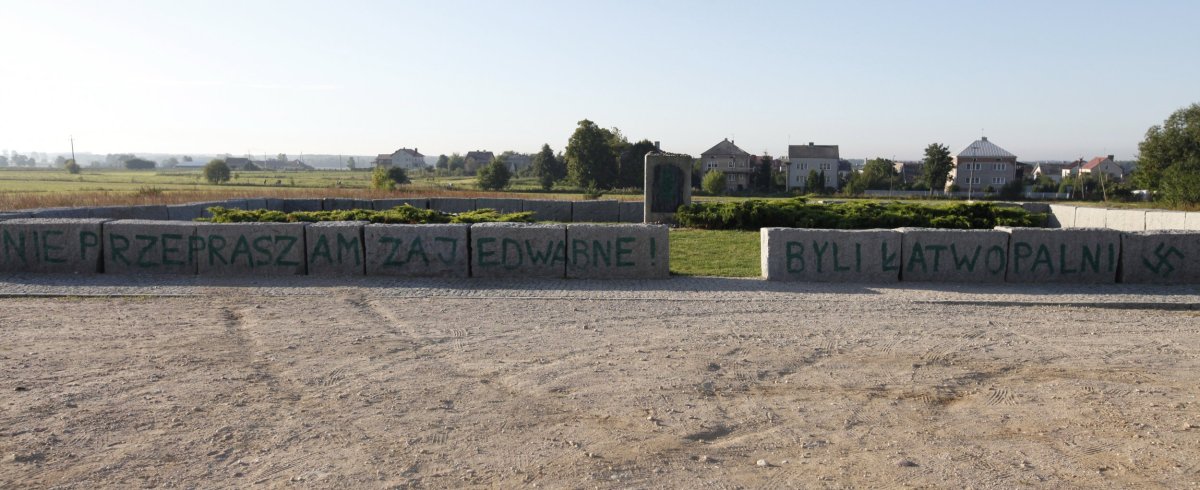
Poles were as anti-Semitic as Germans before, during and after World War II, according to a declassified U.S. State Department report written in 1946.
The report said that Polish Jews were so worried by the post-war anti-Semitism in the country that many were even fleeing to Germany, The Jerusalem Post reported.
The document has come to light as a controversial Holocaust free speech law takes effect in Warsaw. The legislation criminalizes any accusation that Polish people or the Polish state were involved in the Holocaust.
The law has drawn condemnation from Israel and the U.S. In January, Israeli Prime Minister Benjamin Netanyahu warned Polish leaders that "one cannot change history and the Holocaust cannot be denied."
The report, entitled "Jews in Poland Since the Liberation," is stored at the Simon Wiesenthal Center in Los Angeles. It was declassified in 1983 but has long been forgotten. It was written and distributed by the U.S. Office of Intelligence Coordination and Liaison as a restricted document.
It begins by describing anti-Semitism as "a traditional feature of Polish political and economic life."
In the early days of the Second Polish Republic from 1919 onwards, "most of the major political parties—with the exception of leftist groups—followed an anti-Semitic line," the report argued. "Catholic Church leaders, from Cardinal [August] Hlond down, preached antisemitism and favored an economic boycott of the Jews.
"There is little doubt that the current anti-Jewish manifestations in Poland represent a continuation of activities by right-wing groups that were at work before 1939, when even major political parties had anti-Semitic programs," the report said. "In other words, there is not much that is essentially new or different in the current anti-Semitic agitation."
The document noted that anti-Semitic sentiment allowed many Poles to accept Nazi racial theories, and said that "there is evidence that Poles persecuted the Jews as vigorously as did the Germans during the occupation."

By April 1945, with much of the country liberated from Nazi forces, "a dozen Polish towns were named as places where Jews had been killed, allegedly by members of the Polish Home Guard, the armed force formed by and loyal to the Government-in-Exile," the report stated. The Polish Home Guard was the dominant Polish resistance movement under Nazi occupation.
For Polish forces outside the country, anti-Semitism was a problem. The Polish army in the west fought under Allied command in Italy and was involved in the Battle of Monte Cassino, where 55,000 Allied soldiers died in 1944. The report said, "many Jewish soldiers felt compelled to desert these forces and seek enlistment with other Allied armies."

While the Polish government has admitted that some Poles took part in crimes against Jews, it denies that anti-Semitism was widespread in Polish society. Rabbi Marvin Hier, the dean and founder of the Simon Wiesenthal Center, said this report "tells a different story, and one that would be very difficult for the president of Poland to deny."
Hier said the Polish government should "acknowledge that anti-Semitism in Poland was a problem of longevity. You just have to read this report, which was not written by Jews, to see how real anti-Semitism was in Poland."
Uncommon Knowledge
Newsweek is committed to challenging conventional wisdom and finding connections in the search for common ground.
Newsweek is committed to challenging conventional wisdom and finding connections in the search for common ground.
About the writer
David Brennan is Newsweek's Diplomatic Correspondent covering world politics and conflicts from London with a focus on NATO, the European ... Read more
To read how Newsweek uses AI as a newsroom tool, Click here.








